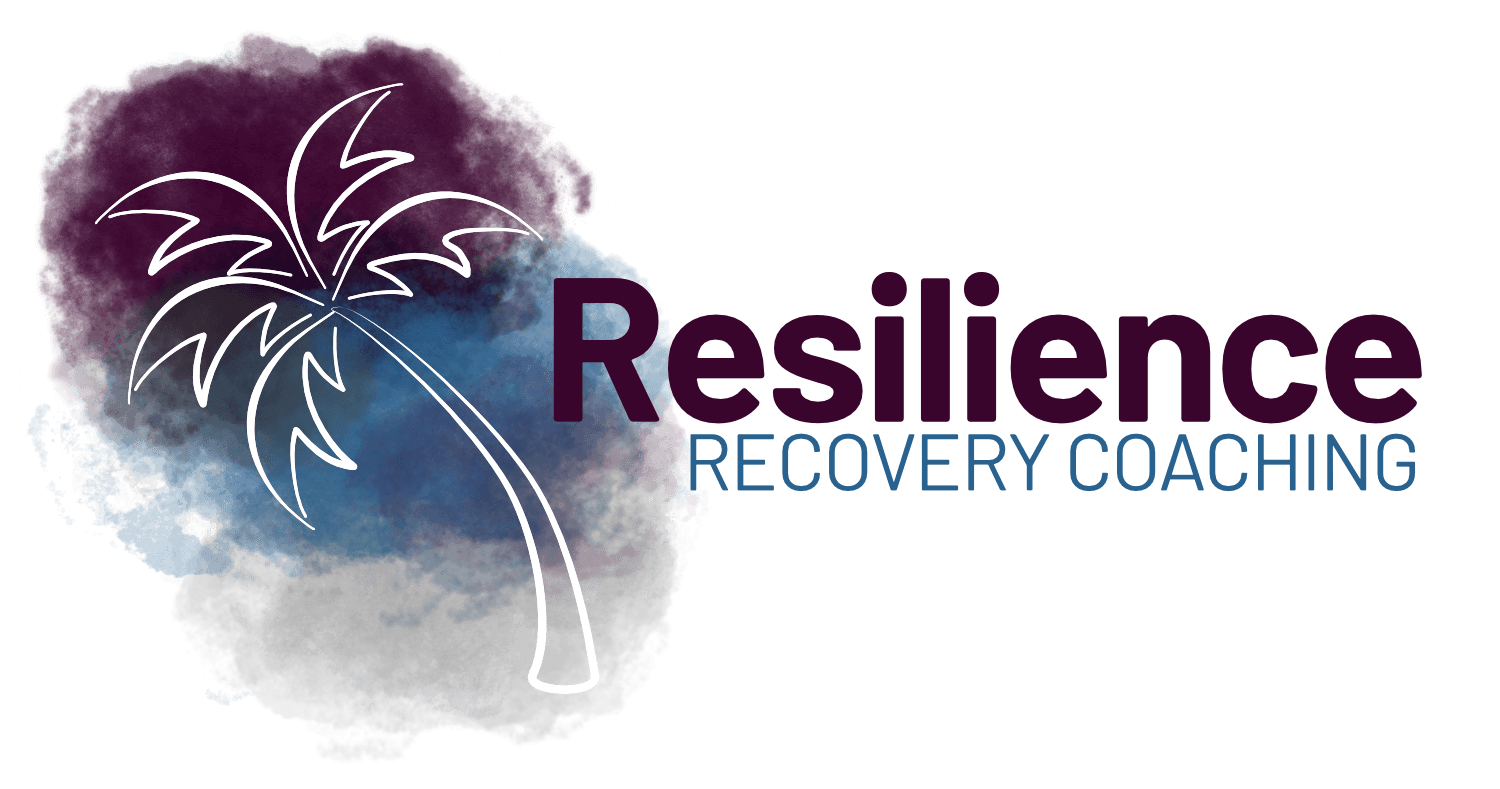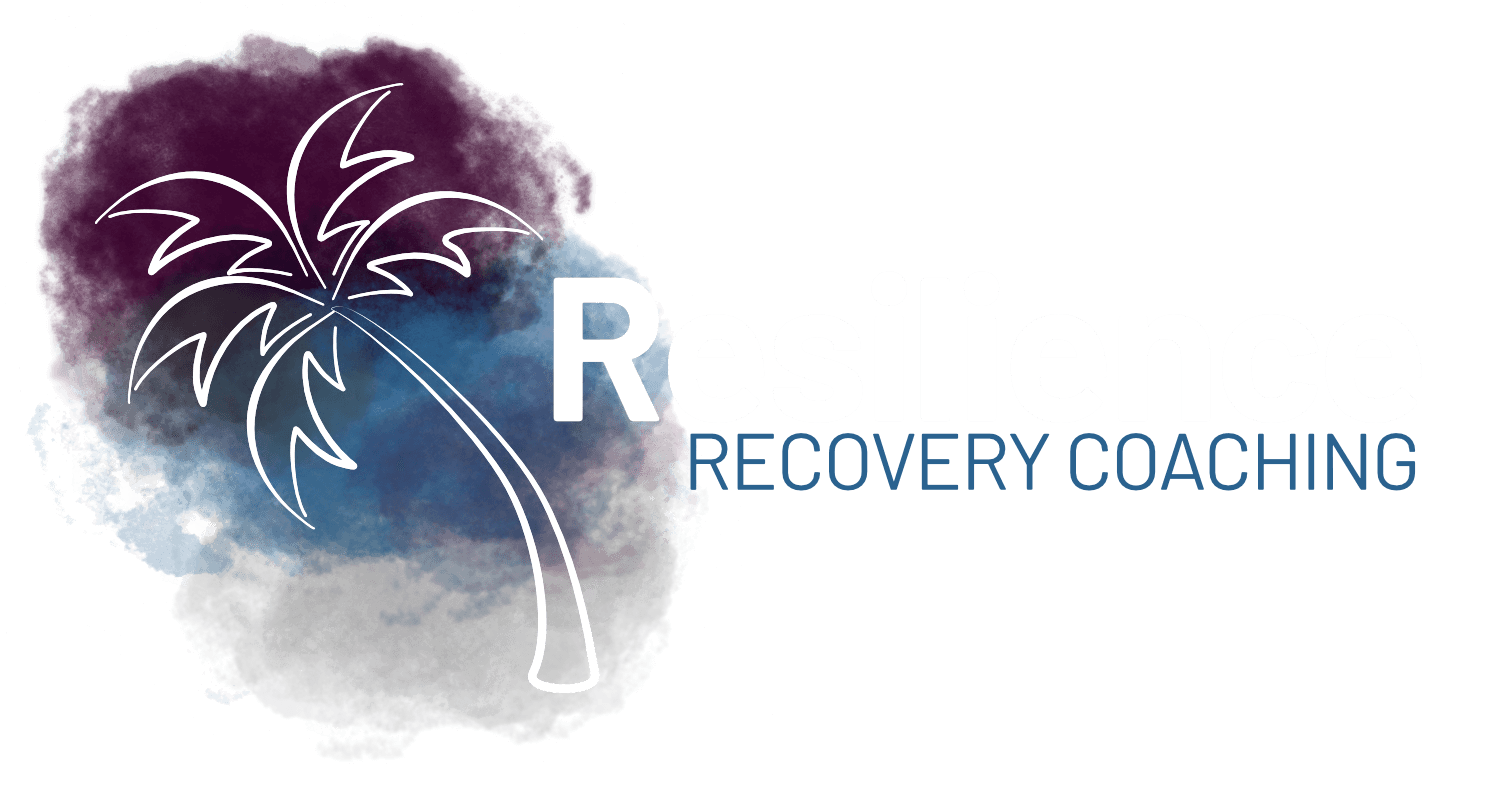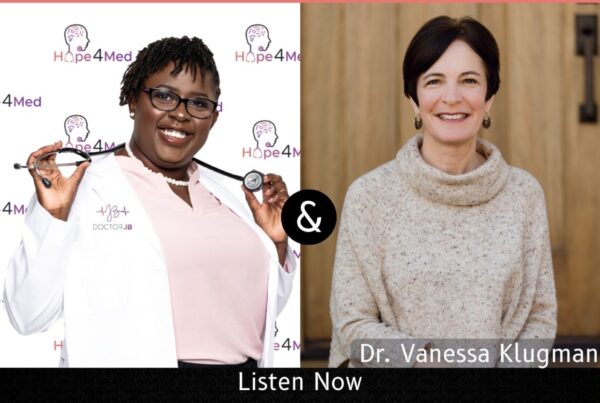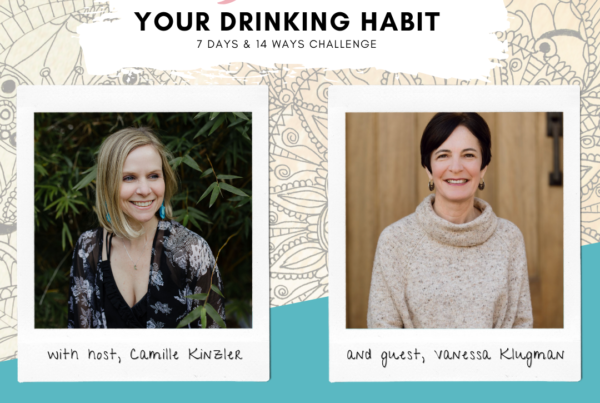
Why do we need to talk about shame when discussing addiction?
Shame and addiction are inextricably related. Shame is a painful yet
universal emotion.
According to researcher Brene Brown, shame is a destructive
emotion that results in a feeling that one is “fundamentally flawed and
unworthy of belonging.” We often confuse shame and guilt. However,
while guilt focuses on our behavior (“I did something bad”), shame
centers on the self (“I am bad.) My shame, and my stories of “not good
enough” were intensely painful. In order to cope with the intensity of
the pain induced by shame, people like me may seek escape, often in
destructive ways such as substance abuse.
Shame’s influence extends beyond our thoughts and into our
biological system. It activates our primitive brain’s impulse for survival,
resulting in the flight, fight or freeze response which creates
uncomfortable sensations such as a racing heart, sweating, shaking and
flushing. It also, restricts access to our higher brain, which impairs our
ability to make decisions and think clearly. When we are in shame we
often become overwhelmed by the need to hide ourselves in any way
possible.
We can heal shame though connection, compassion and courage.
Shame thrives in secrecy and is healed by openly speaking about our
stories in a safe environment. This environment can include a group
such as alcoholics anonymous, smart recovery or refuge recovery and
can also include working individually with a recovery coach or
counselor. According to Brene Brown it does not matter who you are,
everyone is fighting internal battles about not “being good enough,
belonging enough or having enough.” By sharing our struggles we force
shame out of hiding and end the silence.





